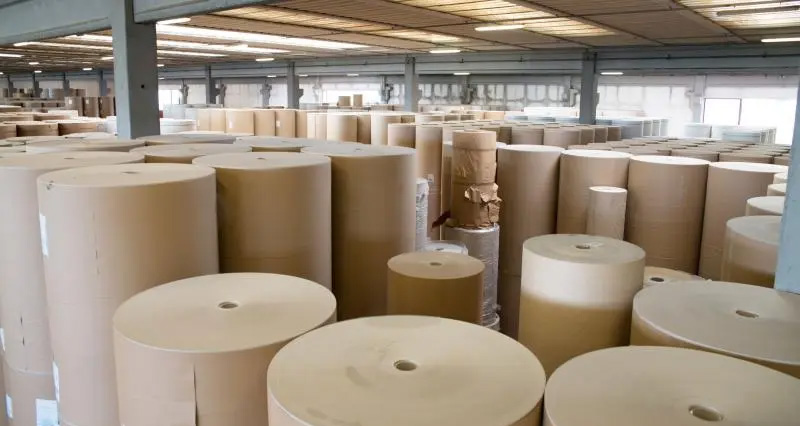Sustainability in the marine industry has become a fundamental pillar, driven by the growing global concern about climate change and ocean preservation. In recent years, key players in the nautical sector, from large shipping companies to manufacturers of yachts and recreational boats, have adopted a more eco-conscious vision, adapting to international regulations that aim to reduce the carbon footprint and minimize environmental impact on marine ecosystems.
Key Trends in Marine Sustainability
1. Alternative and Eco-Friendly Fuels:: The maritime sector is exploring the use of cleaner fuels like liquefied natural gas (LNG), which can reduce CO2 emissions by up to 20% compared to traditional fossil fuels. Other alternatives under study include hydrogen, green ammonia, and biofuels. These fuels not only help lower greenhouse gas emissions but also minimize pollution from sulfur and other particles (International Maritime Organization).
2. Electric and Hybrid Propulsion Systems:: 2. Electric and Hybrid Propulsion Systems: Advances in electric and hybrid propulsion are transforming energy efficiency in the marine industry. Hybrid systems, which combine electric and internal combustion engines, help reduce fuel consumption and CO2 emissions. Additionally, solar panels or wind turbines installed on vessels contribute to reducing dependency on fossil fuels.
3. Innovative Naval Design: Ship design is evolving to become more sustainable. New technologies allow for the creation of lighter and more aerodynamic hulls, reducing water resistance and improving fuel efficiency. Sustainable and durable materials, such as recyclable composites and natural fibers, are gradually replacing traditional materials.
4. International Regulations: Organizations like the International Maritime Organization (IMO) have established stricter regulations to reduce shipping emissions. Recent regulations, including the EEXI and CII, require ships to enhance energy efficiency and reduce carbon emissions.
5. Water Treatment Systems: Environmental impact isn’t limited to atmospheric emissions. The discharge of wastewater and chemicals from ships also poses a significant threat to marine ecosystems. New water treatment technologies, such as scrubbers and biological filters, are designed to minimize these impacts and improve operational sustainability.

Source: Ohp
OHP and Sustainability
At OHP, we understand the importance of these changes and have integrated sustainability into the core of our solutions. As regulations evolve, our propulsion and power transmission systems are designed not only to meet international standards but also to deliver high performance and efficiency.
Our solutions include hybrid and low-fuel-consumption systems, which help reduce carbon emissions while enhancing the navigation experience. Additionally, we lead in adopting cleaner fuels and energy-efficient technologies, enabling our clients to meet environmental requirements without compromising reliability or onboard comfort.
Benefits of Adopting Sustainable Solutions
The adoption of sustainable technologies not only helps protect the environment but also provides tangible benefits for vessel owners:
- Reduced operational costs in the long term due to lower fuel consumption.
- Regulatory compliance that avoids penalties and restrictions in protected areas.
- Enhanced reputation and brand value, particularly in an increasingly sustainability-conscious market.
Conclusion
The marine industry is moving toward a more sustainable future, where technological innovation and international regulations play a crucial role. At OHP, we are committed to providing solutions that not only meet regulations but also drive efficiency and vessel performance, ensuring the nautical sector can navigate responsibly toward a greener future.
If you’d like to learn more about how our sustainable solutions can enhance your vessel, contact us today for more details.







